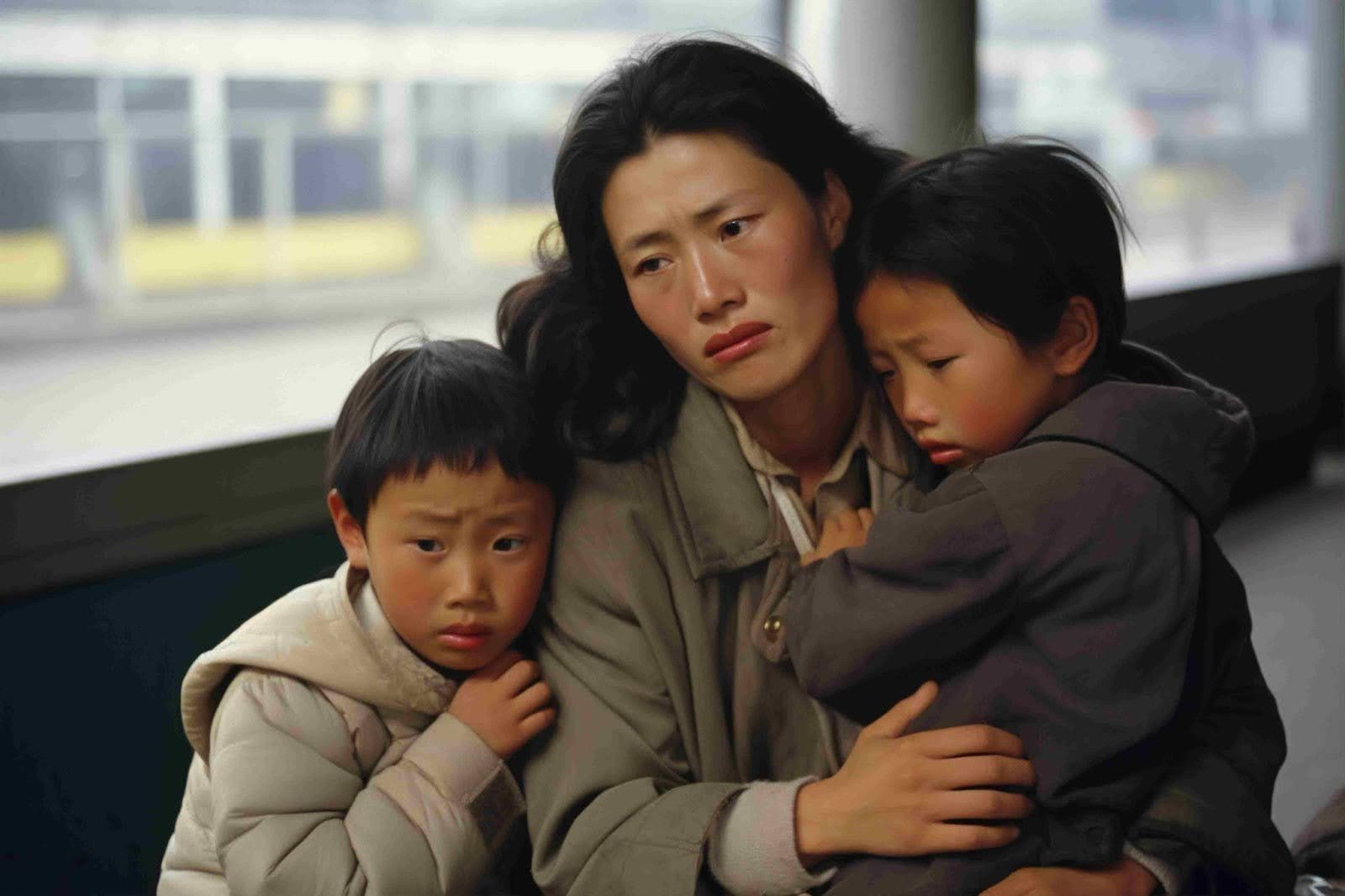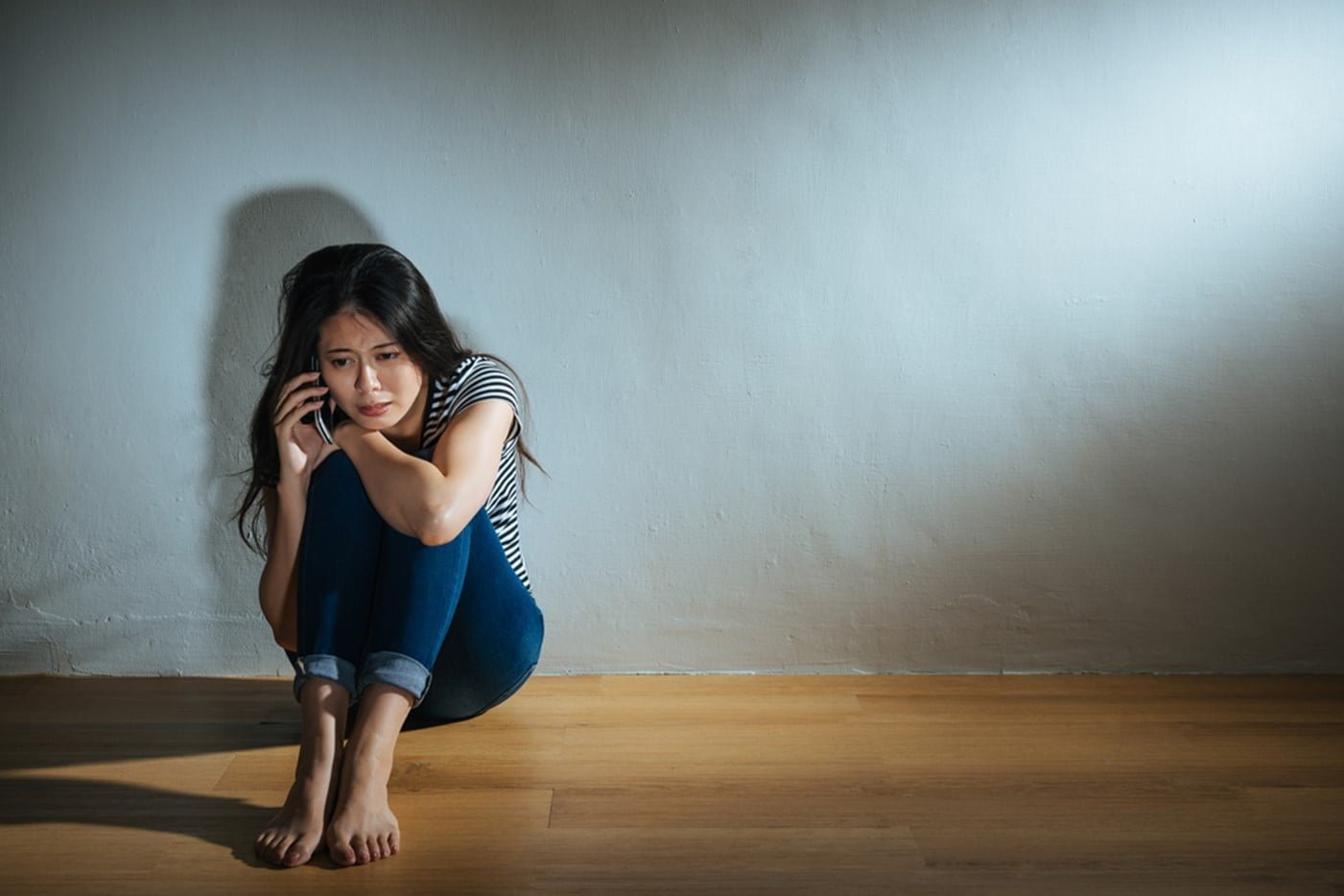
For immediate help with domestic violence, call the police on 999. Alternatively, get advice by calling the AWARE Helpline on 1800 777 5555 (Mon – Fri, 10am – 6pm) or seek shelter at a Family Service Centre.
Everyone deserves to be safe from violence – especially at home. If you or someone you know might be a victim of domestic violence, it’s important to know how to seek help and prevent further harm.
In this blog, we will explore what constitutes family violence, how to recognise its signs, and the steps you can take if you or someone you know is a victim. Empowering yourself with knowledge is the first step towards seeking help and reclaiming your safety.
Read on to discover essential information that could change your life or the life of someone you care about.
What Is Considered As Family Violence In Singapore?
In Singapore, family violence is illegal, and victims have the right to seek protection and support. The legal framework provides for protection orders, which can help prevent further violence and ensure the safety of those affected. Victims must understand their rights and the resources available to them under Singapore law.
Family or domestic violence in Singapore is defined within section 64 of the Women’s Charter. It covers:
- Purposefully placing a family member in fear of hurt
- Hurting a family member physically
- Wrongly restraining a family member against his/her will
- Harassing a family member with intent to cause hurt
Under the law, family members include current or former spouses, siblings, parents, parents-in-law, relatives, children (including adopted or stepchildren), and anyone else the Court may believe should be regarded as a member of the family. The Family Violence Bill sets out laws to protect victims of family violence.
What To Do If You Are A Victim Of Family Abuse In Singapore?
Seek Immediate Help In Emergencies
If you are in a life-threatening situation or if violence is occurring, call the police immediately at 999 or seek shelter at a Family Service Centre. Any serious physical injuries should be treated as soon as possible by a medical professional, but treatment should be considered even if the injuries are minor.
Remember to be truthful as to the cause: you are protected by confidentiality and a medical report may be required in future if you apply for legal protection.
Document The Abuse
Keeping detailed records of the abuse can be vital for your case. Here’s how to document effectively:
- Maintain a Journal: Write down the details of each incident, including dates, times, locations, and descriptions.
- Photographic Evidence: Take clear photographs of any injuries or damage to property. If possible, ensure the timestamps on your photos are visible.
- Witness Accounts: If there are any witnesses to the abuse, ask them if they are willing to provide written statements about what they saw.
File A Police Report

Even if you don’t want to apply for legal protection now, you should file a police report following any incidents of family violence. This establishes a record of events and will be required if you choose to pursue legal protection at a later date.
You can report domestic violence in Singapore by going to the service counter at any police station or neighbourhood police posts, and be sure to keep a copy of your own for future reference. Consider any evidence you may be able to gather whether it be footage of any altercations, photos of injuries, medical reports, eyewitness accounts or threatening text messages from the offender.
Apply For Legal Protection
Any Singaporean citizen or Permanent Resident 21 years of age or older who is a victim of domestic violence can apply for a Personal Protection Order (PPO) to obtain legal protection from further harm from domestic violence.
Those under 21 can have a family member or guardian apply. Making an application involves scheduling a court hearing where a judge will decide if a PPO is necessary based on statements and other evidence presented.
Victims can also apply for a Protection Order under the Protection from Harassment Act (PO under POHA), a broader form of legal protection that covers any type of harassment from any person. A PO under POHA is not restricted to physical violence and does not require the offender to be a family member.
In addition to protecting the victim, a PO under POHA refers the perpetrator to mediation and counselling and stops anyone from sharing information regarding any communication between the victim and offender.
Develop A Safety Plan
A well-thought-out safety plan can make a significant difference in an emergency. Consider including:
- Escape Routes: Identify multiple exits from your home and practice leaving quickly if needed.
- Emergency Contacts: Keep a list of trusted friends, family members, and professionals you can call in an emergency. Store these contacts in a safe, easily accessible location.
- Pack an Emergency Bag: Prepare a bag with essential items such as clothes, personal identification, important documents, money, and any necessary medications. Keep it discreet so you can grab it quickly if you need to leave.

Acts Of Domestic Abuse In Singapore
Recognising the signs of family or domestic abuse is essential for early intervention and support. In Singapore, domestic abuse can manifest in various forms, and victims may experience a range of symptoms that signal the presence of violence or control within the home.
Here are some common signs to look out for:
- Physical Injuries:Unexplained bruises, cuts, or injuries are often a clear indication of physical abuse. Victims may frequently appear to have injuries that they struggle to explain.
- Changes in Behaviour: Victims of domestic abuse may become withdrawn, anxious, or fearful. They might avoid social situations or lose interest in activities they once enjoyed.
- Isolation from Friends and Family: Abusers often seek to control their victims by isolating them from their support networks. If someone you know seems to be increasingly cut off from friends and family, it could be a sign of abuse.
- Controlling Behaviour:If a partner exhibits excessive jealousy or tries to control what their spouse wears, who they interact with, or how they spend their time, it may indicate emotional or psychological abuse.
- Financial Control: Signs of financial abuse include the victim not having access to money, being monitored when spending, or being forced to account for every expense.
- Fearful Responses:If a person seems excessively fearful of their partner or reacts with anxiety to their presence, it may indicate a history of abuse.
- Verbal Abuse:Frequent insults, belittling, or threats are indicators of emotional abuse, which can severely impact a victim’s self-esteem and mental health.
Consequences And Punishment For Domestic Violence In Singapore
In Singapore, domestic violence is treated with severe legal implications. The consequences and punishments for perpetrators are outlined under various laws, particularly the Women’s Charter and the Penal Code.
Criminal Offences:
Domestic violence can lead to criminal charges, which may result in significant penalties, including:
- Imprisonment: Depending on the severity of the offence, offenders can face imprisonment for a duration. For instance, physical assault can lead to a jail term of up to two years or more if the violence is aggravated.
- Fines: In addition to imprisonment, offenders may also be subject to hefty fines, which can range from thousands to tens of thousands of dollars, depending on the nature of the crime.
Protection Orders:
Victims of domestic violence can apply for protection orders under the Women’s Charter. These orders serve as legal protection against the abuser and can impose conditions such as:
- Prohibiting the abuser from approaching or contacting the victim.
- Requiring the abuser to leave the shared residence.
Violating a protection order can lead to further legal consequences, including arrest and additional charges.
Mandatory Counselling:
In some cases, the Court may order offenders to undergo counselling as part of their sentencing. This is aimed at addressing underlying issues related to their abusive behaviour, promoting rehabilitation rather than solely punishment.
Impact On Family Law Matters:
Domestic violence can have significant repercussions in family law cases, particularly regarding child custody and access. Courts will consider any history of abuse when determining:
- Custody arrangements: An abuser may face restrictions on their access to children to protect their safety and well-being.
- Child support and maintenance: The financial responsibilities of an abuser may also be impacted by their violent behaviour.
The Importance Of A Domestic Violence Lawyer
A domestic violence lawyer plays a crucial role in supporting victims under family violence Singapore law. Their responsibilities encompass various aspects of legal assistance, ensuring victims receive the protection and guidance they need:
- Legal Representation: They represent victims in Court, assisting with filing protection orders and navigating legal proceedings related to the domestic violence penalty.
- Legal Advice: A domestic violence lawyer provides critical guidance on rights and options, helping victims understand their situation’s implications and the available legal remedies.
- Evidence Gathering: They assist in gathering essential documents, such as medical records and police reports, to strengthen the case against the perpetrator.
- Negotiation:The lawyer negotiates settlements and may facilitate mediation, aiming to secure fair agreements that prioritise the victim’s safety and well-being.
- Emotional Support: Beyond legal assistance, they offer emotional support and referrals to counselling services, addressing the psychological impact of domestic violence.
- Long-term Planning: A domestic violence lawyer helps victims consider future legal needs, such as custody arrangements and ongoing safety measures.
Conclusion About Domestic Abuse In Singapore
Domestic violence is a serious legal problem that can leave lasting scars. If you are experiencing domestic violence, it is important to know that you are not alone and there are resources available to help you. You can call the police on 999 for immediate help or seek shelter at a Family Service Centre.
There are also legal options available to protect yourself from further harm. You can apply for a Personal Protection Order (PPO) or a Protection Order (PO) under the Protection from Harassment Act (POHA).
If you need legal assistance, Tembusu Law can help. Tembusu Law is a Singaporean law firm that has experience in family law and criminal defence. Their team of divorce lawyers in Singapore and criminal lawyers in Singapore can provide you with the legal guidance and support you need to move forward.
You can get help and begin to rebuild your life with the help of a lawyer and the support of the available resources.
Frequently Asked Questions About Family Violence In Singapore
What Should I Do If I Am A Victim Of Family Violence?
If you are a victim of family violence, prioritise your safety by seeking immediate help. Contact the authorities by calling the police at 999, reach out to support services, and consider consulting a domestic violence lawyer for legal guidance.
Are There Legal Protections Available For Victims Of Family Violence?
Yes, victims of family violence can apply for protection orders under the Women’s Charter. These orders can legally forbid the abuser from contacting or approaching the victim, giving a layer of safety.
What Are The Consequences For Perpetrators Of Domestic Violence?
Perpetrators of domestic violence in Singapore can face severe legal consequences, including imprisonment, fines, and mandatory counselling. The specific domestic violence penalties depend on the nature and severity of the offence.
Can I Report Domestic Violence Anonymously?
While you can report incidents of domestic violence anonymously, providing your identity may be beneficial for follow-up investigations and legal actions. Support services can guide you on how to make reports confidentially.